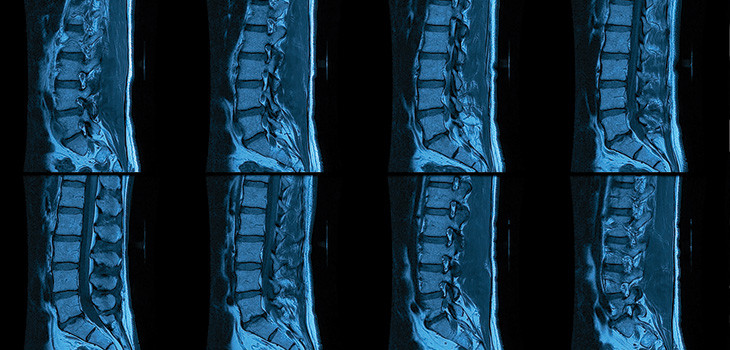
The cauda equina, we all have one, nestled at the base of our spine this collection of nerves has earned its name because of its resemblance to a horse’s tail or cauda equina in Latin.
Cauda Equina Syndrome (CES) is a very rare but serious condition, where the bundle of nerves get compressed by the vertebral discs. Once compression is identified, usually via MRI, urgent surgery is typically the treatment of choice, with the goal being to free up the compressed nerve roots and give them the best chance of recovery possible. Prompt treatment and good rehab can often leave people with limited ongoing symptoms. However, delay or failure to treat can result in significantly impaired mobility, including permanent paralysis and can also impact a person’s bowel, bladder and sexual function leaving the sufferer incontinent.
Lifechanging
In short, CES is a lifechanging condition









